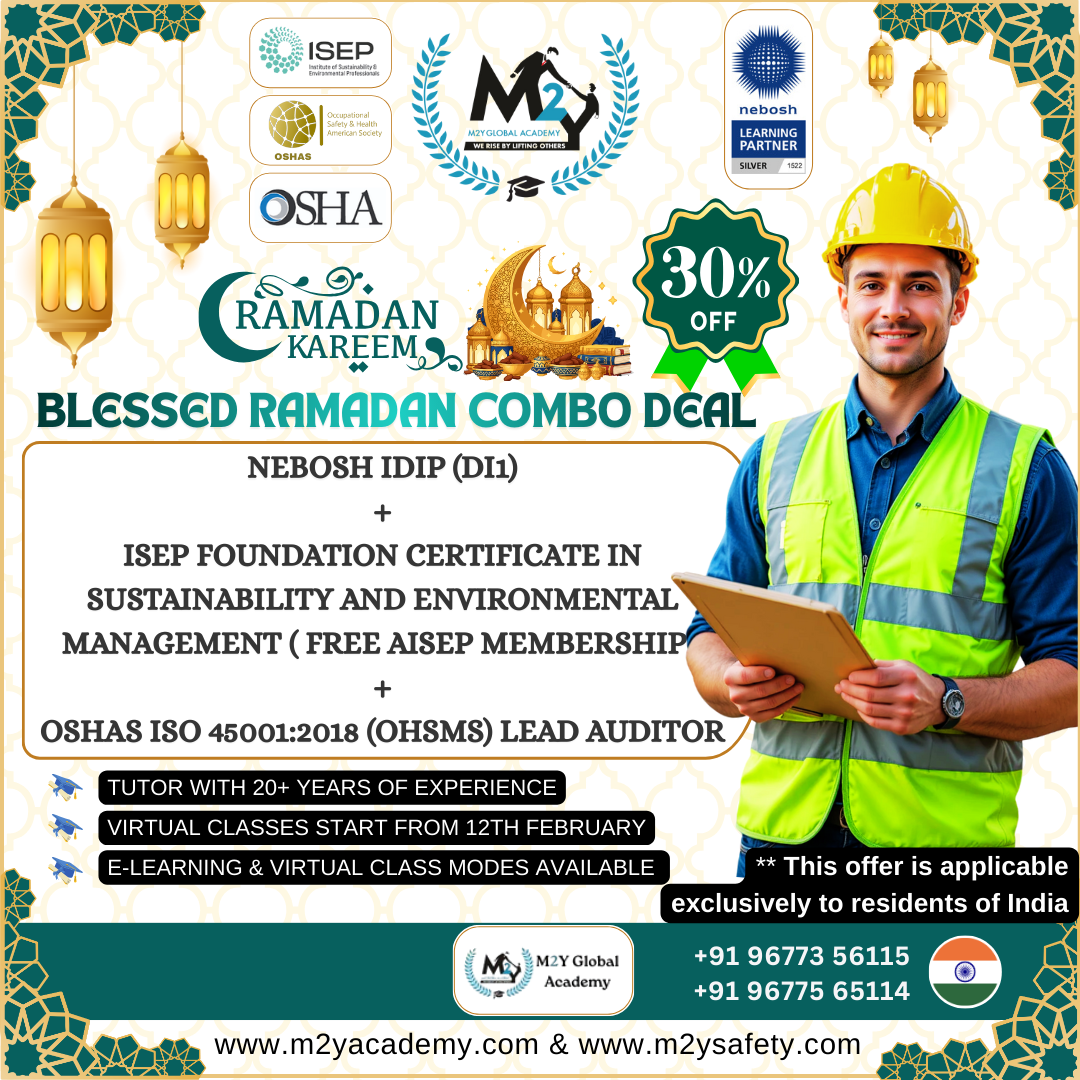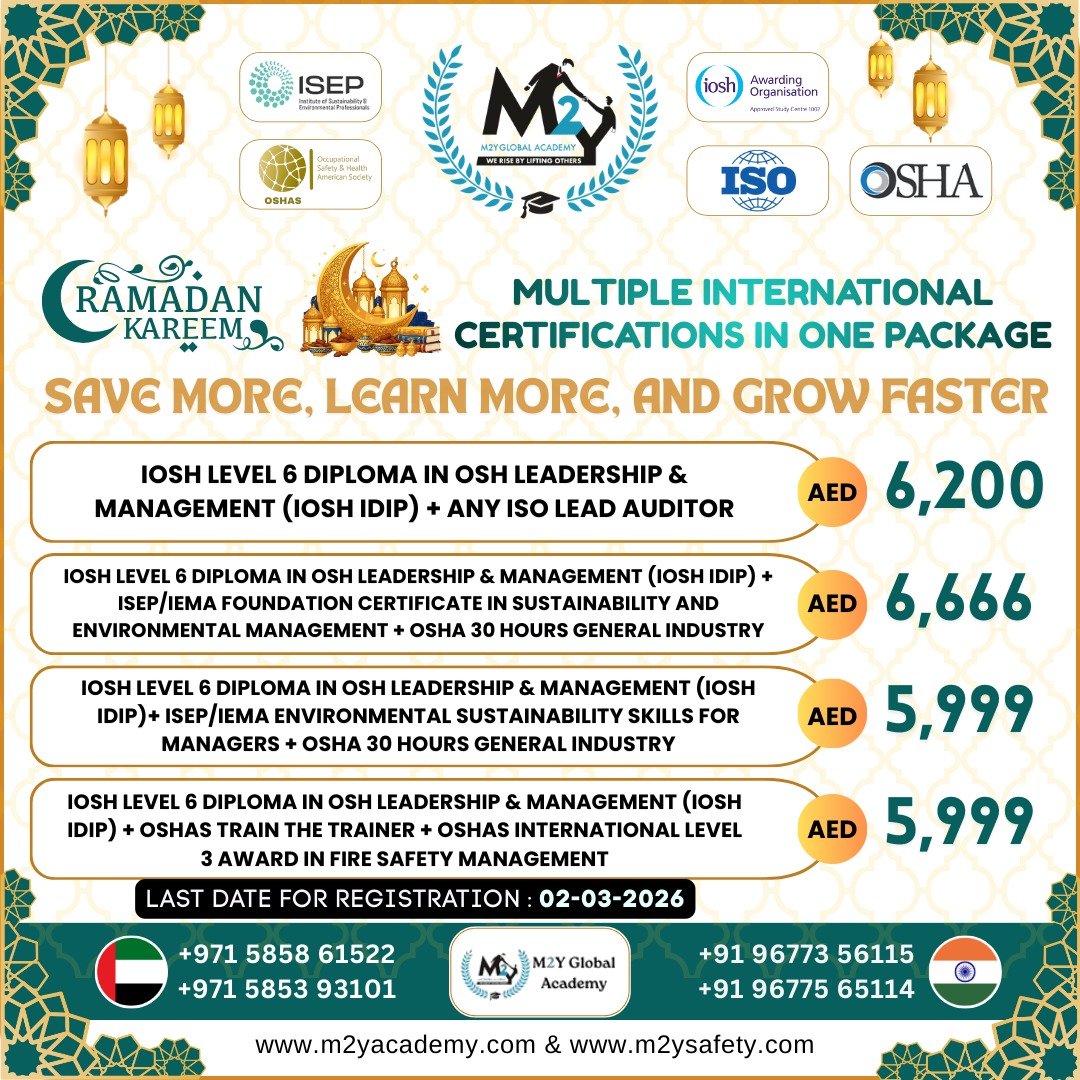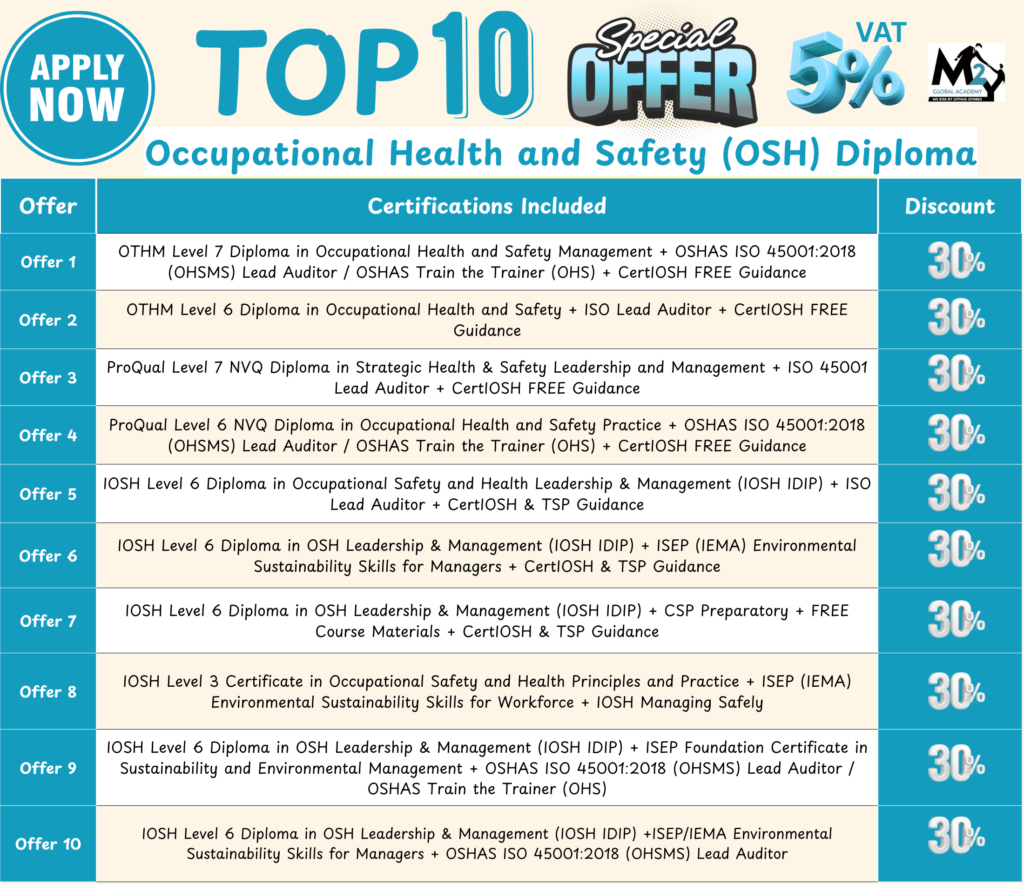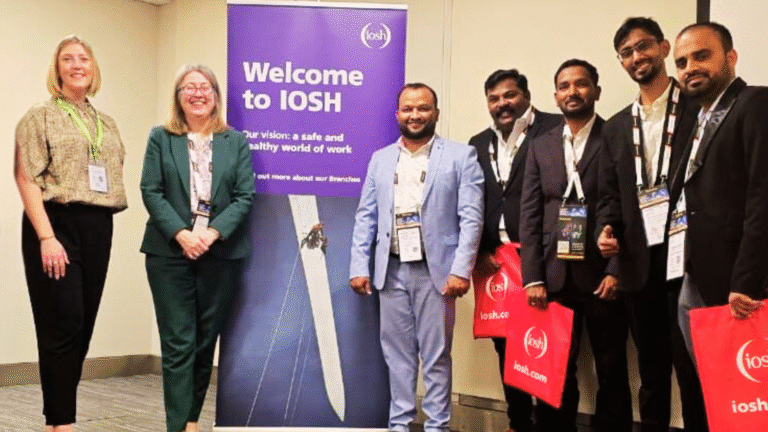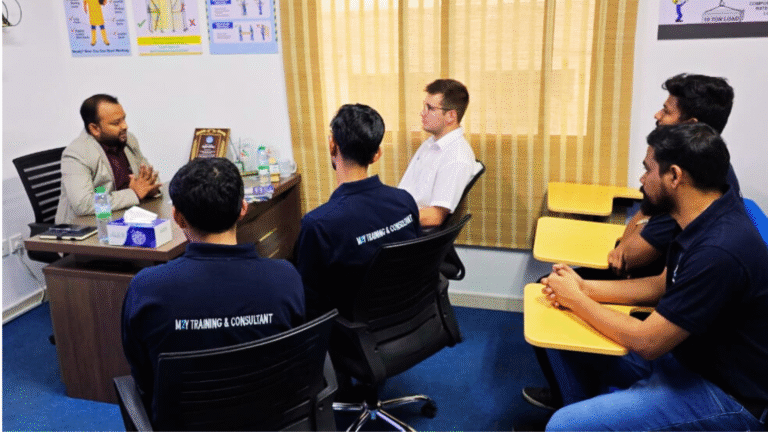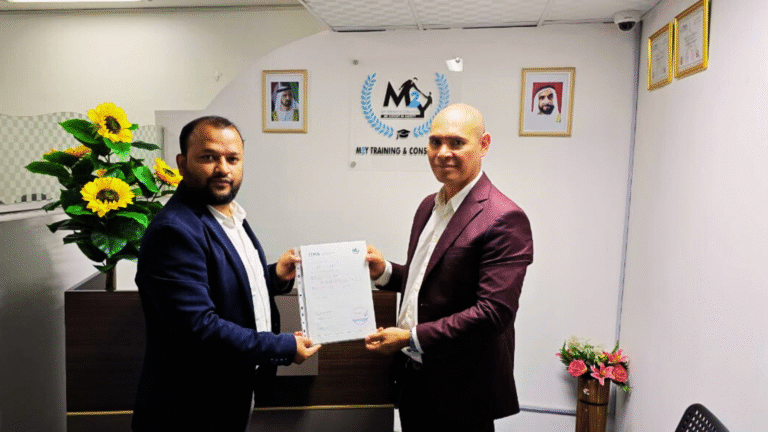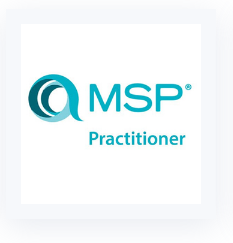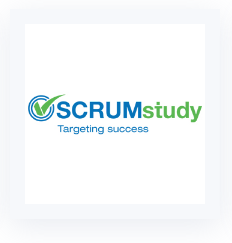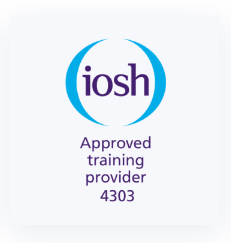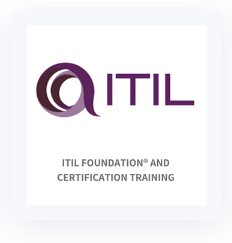ISO Lead Auditor Course
In today’s competitive job market, organizations demand professionals who can audit, improve, and ensure compliance with international standards. That’s where the ISO Lead Auditor Course comes in. Whether you’re an aspiring quality professional or an experienced auditor looking to upgrade, this guide explains everything you need to know about the course, its value, real-world applications, and how to get started.
What is an ISO Lead Auditor Course?
An ISO Lead Auditor Course is a professional training program designed to equip individuals with the skills and knowledge required to audit management systems against ISO standards, such as ISO 9001 (Quality Management), ISO 14001 (Environmental Management), ISO 45001 (Occupational Health & Safety), and more.
Upon completion, you’ll be qualified to lead audits on behalf of certification bodies or internally within organizations.
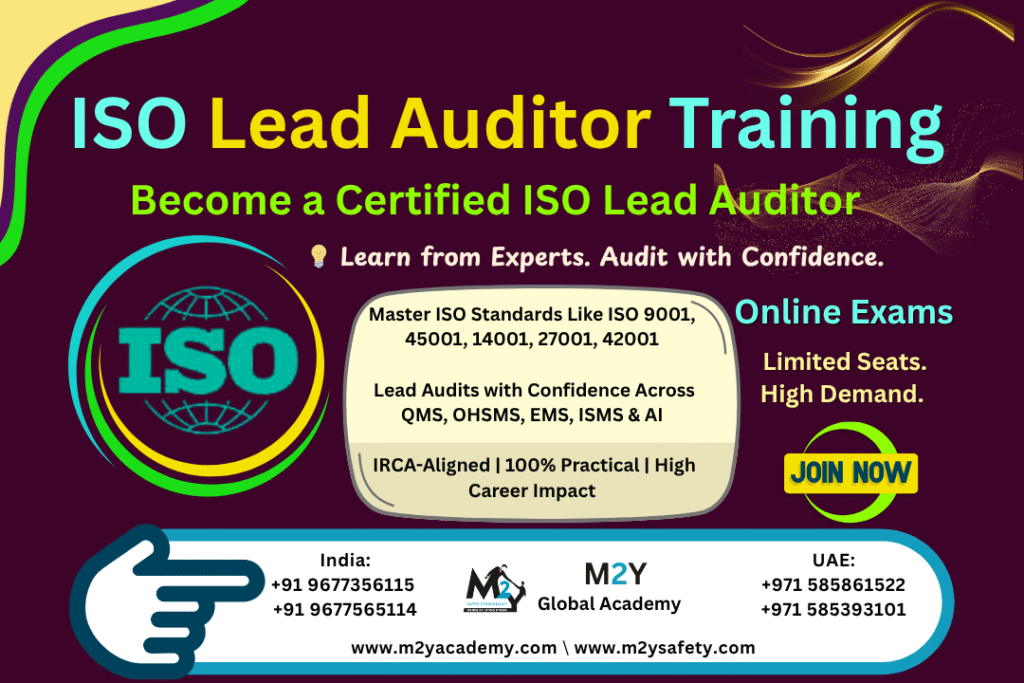
Who Should Take the ISO Lead Auditor Course?
The ISO Lead Auditor Course is ideal for:
Quality Managers and QHSE professionals
Internal auditors looking to advance
Consultants and system implementers
Professionals seeking international opportunities
Anyone involved in ISO-based audits
Whether you’re from manufacturing, construction, healthcare, education, or IT, the skills gained are universally applicable.
Learning Outcomes of the ISO Lead Auditor Training
By the end of the training, participants will be able to:
Understand the requirements of ISO standards (like ISO 9001, 45001, 14001)
Apply auditing techniques and principles (based on ISO 19011 guidelines)
Plan, conduct, report, and follow up on audits
Demonstrate effective communication and team leadership in audits
Prepare for third-party and surveillance audits
Types of ISO Lead Auditor Courses
Depending on your industry focus, you can choose among:
| ISO Standard | Focus Area |
|---|---|
| ISO 9001 Lead Auditor | Quality Management Systems (QMS) |
| ISO 45001 Lead Auditor | Occupational Health & Safety |
| ISO 14001 Lead Auditor | Environmental Management |
| ISO 27001 Lead Auditor | Information Security Management |
| ISO 22000 Lead Auditor | Food Safety Management |
Each course follows a similar audit structure but with content customized to its domain.
Course Duration and Delivery Format
Most ISO Lead Auditor Courses span 5 days (40 hours) and are offered in the following modes:
Classroom Training: Face-to-face learning with real-time interaction
Virtual Online Training: Live sessions over Zoom or Google Meet
Self-Paced Learning: Flexible video-based modules with assessments
Choose a delivery style that fits your schedule and learning preferences.
Certification and Accreditation
To ensure global recognition and credibility, it’s essential to enroll in ISO courses that are accredited by IRCA (International Register of Certificated Auditors) or CQI (Chartered Quality Institute).
After passing the written exam and meeting the attendance criteria, you’ll receive a Lead Auditor Certificate that qualifies you for auditor or lead auditor roles globally.
Career Opportunities After ISO Lead Auditor Certification
With your ISO Lead Auditor certification, you can work in various roles, including:
Lead Auditor for certification bodies like BSI, TUV, SGS, DNV
Internal Auditor in private and public sector companies
QHSE Consultant for ISO implementations and audits
Compliance Officer in regulated industries
Freelance ISO Auditor or Trainer
The qualification opens up high-paying job opportunities in the Middle East, India, Europe, and beyond.
Real-World Impact: Why ISO Lead Auditors are in Demand
Organizations seek certified lead auditors to:
Maintain compliance and legal assurance
Reduce operational risks and incidents
Increase customer satisfaction through quality control
Secure ISO certification and renewals
According to a report by Statista, ISO 9001 remains the most widely adopted standard worldwide with over 878,000 certifications issued in more than 180 countries. This growth shows the continuous demand for qualified auditors.
How to Choose the Right Training Provider?
When selecting an ISO Lead Auditor Course provider, consider:
IRCA Accreditation (for global recognition)
Experienced Trainers with real auditing background
Mock audits and case studies included in training
Post-training support for exam and career guidance
Flexible learning options (online, weekend, or evening classes)
M2Y Global Academy is a trusted name for ISO Lead Auditor Training, offering accredited, affordable, and industry-relevant programs with placement assistance.
ISO Lead Auditor Course Fees (Approximate)
Here’s a quick look at general fee ranges:
India: ₹25,000 – ₹35,000
UAE: 1,000 – 1,500 AED
USA/UK: $500 – $800
Fees may vary depending on the standard (ISO 9001 vs. ISO 45001), training mode, and provider.
What’s Included in the ISO Lead Auditor Course?
When you enroll, you typically receive:
Access to study materials and ISO standards
Mock audit assignments
Live or recorded video sessions
Exam preparation guide
Final certificate upon passing
Some institutes also offer job assistance and lifetime access to resources.
✅ Tips to Pass the ISO Lead Auditor Exam
Study ISO standard clauses in detail
Practice real-world audit scenarios
Revise the PDCA (Plan-Do-Check-Act) model
Take mock exams and case study tests
Improve communication and observation skills
The exam typically includes MCQs, descriptive questions, and audit scenario-based tasks.
Frequently Asked Questions (FAQs)
Yes, it opens up global opportunities in auditing, consulting, and QHSE roles across various industries.
Absolutely. Reputed providers like M2Y Global Academy offer flexible online formats with live classes and mock audits.
Most ISO Lead Auditor certifications are valid indefinitely, but updating your knowledge with new ISO revisions is recommended.
While prior ISO knowledge is helpful, many providers allow freshers or those with basic understanding to join.
Final Thoughts
The ISO Lead Auditor Course is more than just a certificate – it’s a career-changing qualification. Whether you’re seeking promotion, shifting to consultancy, or expanding your freelance opportunities, becoming a certified Lead Auditor gives you global recognition, job flexibility, and the chance to make a measurable impact in any organization.
If you’re ready to boost your career and contribute to quality excellence, consider enrolling with a reputed training provider like M2Y Global Academy and take the next step today.

